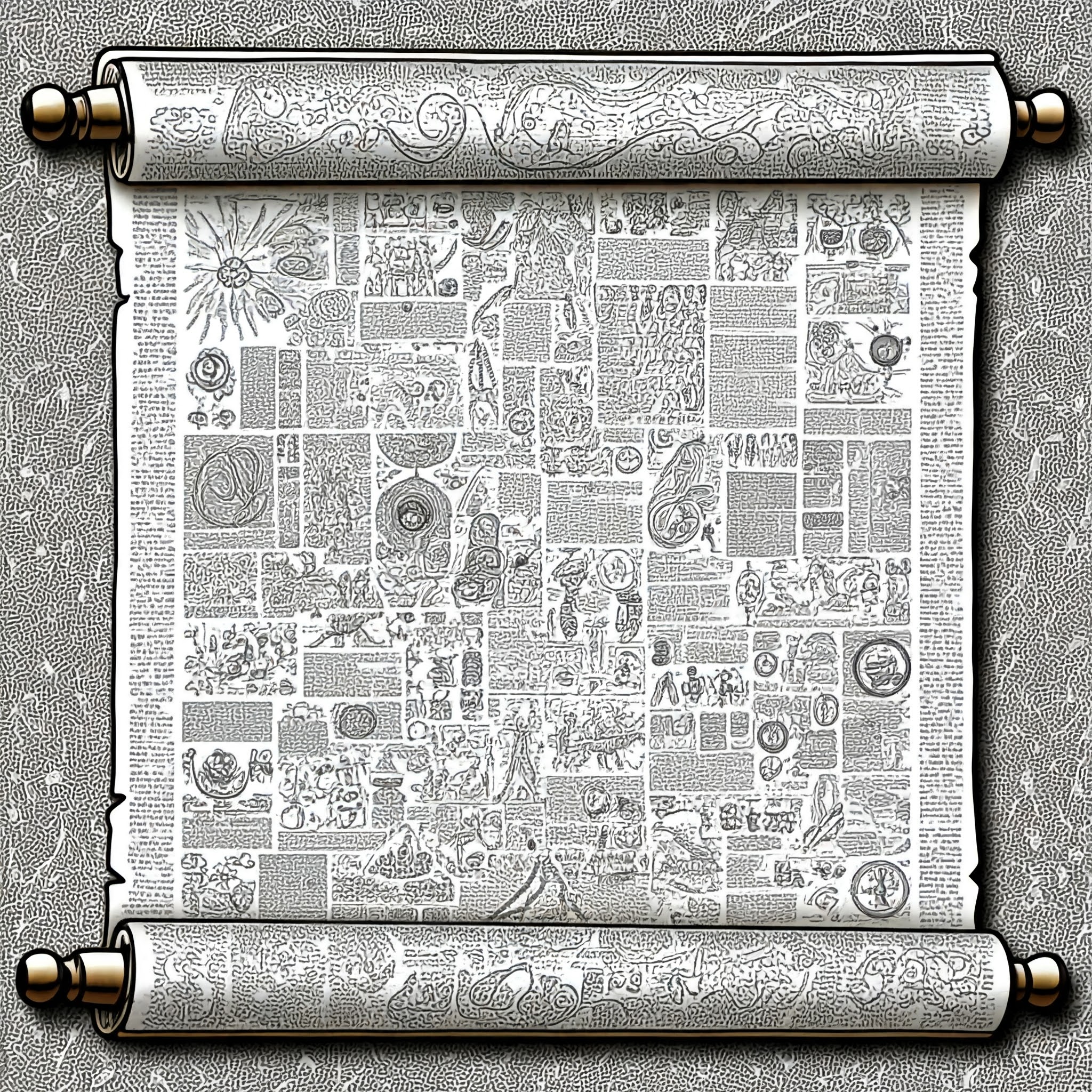· Productivity · 3 min read
Essays Are The Best Brainstorming Tool
High quality brainstorming through essays

An Open Vault of Musings
Why should I write more essays?
1 - Brainstorming
Brainstorming through writing structured articles helps me untangle my own ideas better. It requires more brainpower than more common approaches to brainstorming (diagrams, dot points, ‘rough’ notes etc), and it’s been paying dividends.
When I’m tackling a problem (usually the big, juicy ones – otherwise, it’s not worth it), I now kick things off by clearly articulating the issue or frustration in Notion/Obsidian. I dissect the problem into segments (starting with headings), then sequentially flesh out the content underneath after doing a deep dive for each. Naturally, I tend to tinker with an article daily for about a week, adding or editing as I uncover new concepts or debunk assumptions from my research. Once I stumble upon a solution, I rinse and repeat a similar process as with the initial problem documentation.
Most of these are project/startup ideas I want to validate, and naturally, they won’t end up being published.
2 - Beefing Up Historical Records
I’ve recently tumbled down the rabbit hole of history via books and podcasts, with Paul Cooper’s ‘Fall of Civilisations’ being the crown jewel.
Cooper’s narration whisks us away to the ancient realms of Roman Britain, the Mayans, Vikings, and Sumerians. In nearly every episode, we’re served a smorgasbord of possibilities about what might’ve gone down or what motivated historical figures. The kicker? No one knows for sure. It’s frustrating for those of us trying to glean lessons from the past; many of these teachable moments are built on shaky foundations, which only get foggier the further back we peer.
Despite our tech-savvy superiority over our ancestors, most of today’s history is still flying under the radar.
I’m referring to all the thoughts that have ever danced around in every mind, living or dead, since the dawn of personal computing. Sure, most of those musings were probably useless (I know mine often are), but the precious few worth documenting? They’ve vanished into the ether.
As an advocate for digital privacy, I’m not gunning for a modern-day rehash of 1984. There are thoughts that, if I could read them, I’d deem worthy of documentation, but the thinker might prefer to keep under wraps. We should respect that, and it falls outside our total pool of documentable thoughts.
Even accounting for privacy, the potential volume of documentable thoughts dwarfs what actually makes it onto paper or into bits.
One of the major yardsticks for an AI’s (or LLM to be precise) smarts is the size and quality of its training data. As someone whose naturally pro-AI – I reckon, if handled responsibly, it’ll do more good than harm. If we’re to get within spitting distance of AGI-level models in the coming decades, and given that the current infrastructure of these models scales with data size and quality, we need better, more ‘human’ training data. The more ‘human’ the data, the more ‘human’ these AGI-level models will be. An added benefit will be that content generated by AI will be more digestable than what we’re currently used to without proper prompting.
By committing more of our (ideally productive) thoughts to paper or the cloud, we’re beefing up the collective knowledge bank for our descendants. We’re spreading more uniquely developed lessons and filling in the gaps in our current historical records. We’re making the inevitable AI-level models feel more ‘human’.
